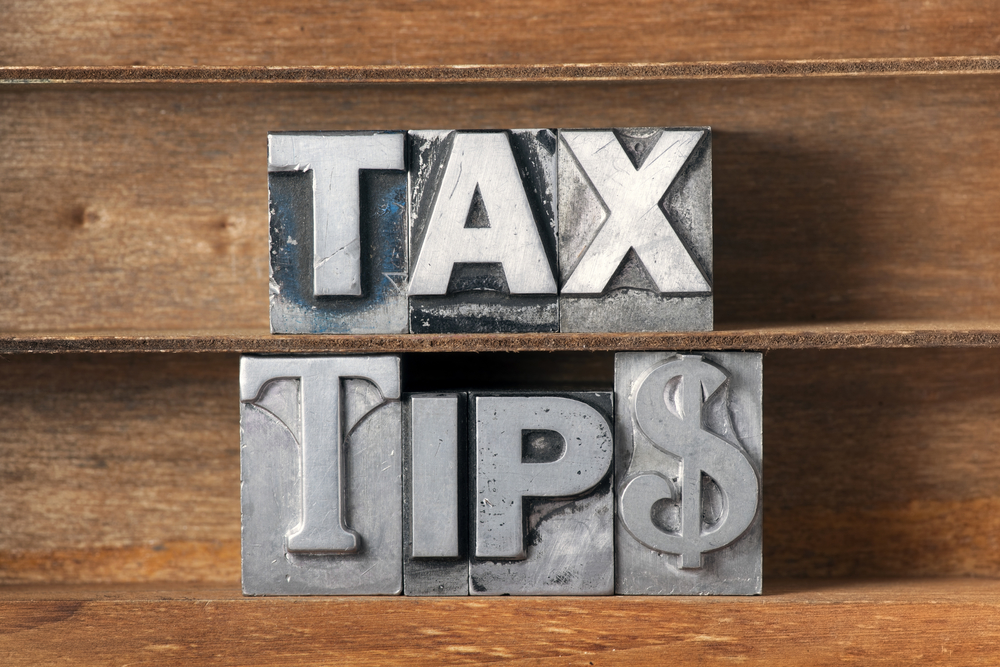As the internet continues to expand, it opens up new worlds of self-employment for everyone. However, if you think you can get away with not paying your taxes, think again. The IRS always catch up with non-payers, so isn’t it best to start as you mean to go on, with an honest and open approach? Here are a few tax tips for new entrepreneurs to help get you started.
Getting Started
Once you set up in business for yourself you become either a business or a sole proprietor. Either way if your income is above your tax code threshold, you will be required to pay tax. You will need to file a Schedule C form, to report any profit or losses on your venture.
State Filing Laws Differ
You may not be aware but the filing laws for different states in the US can vary. You need to be sure you know and understand yours.
Do You Need A Business License?
Not every business requires a business license, but there are some businesses that cannot be operated without a license. If you are unsure whether you need a license or not, obtain legal advice from a tax professional. They are aware of all aspects of the law. Alternatively, you can obtain more information from the Small Business Administration website.
What’s Your Business Name?
You can operate under your own name, particularly if you are offering services. However, most people prefer to operate under a business name. You can register your business name with the state licensing agency that grants you a business license.
Keep All Monies Separate
It may be tempting to use just on bank account for the transfer of funds, especially when you first set up in business. However, it is important to have separate personal and business bank account. If you do use only one business account, you will find it is a nightmare when you have to file your taxes. You can get a free business account, as banks are always trying to encourage new business, so it is worthwhile going for that option, at least initially. Once you have been onboard for a year or so, the bank ordinarily start to charge fees, but you can either stay with them or look to transfer your business elsewhere.
Get Professional Tax Advice
You may think it is unnecessary to engage the services of a tax professional, but it can be really helpful, and it is tax deductible. Tax professionals know the current laws and regulations for tax and they will be able to advise you on what is tax deductible, which means it can save you money. I addition, if they file your taxes, they can also answer any questions the IRS may have related to it.
If you have any issues with the IRS then contact Tax Defense Partners for impartial or urgent advice or action. We have been helping people for more than 20 years with their tax issues. We have more than 50 years’ combined experience and we are leaders in the field.

